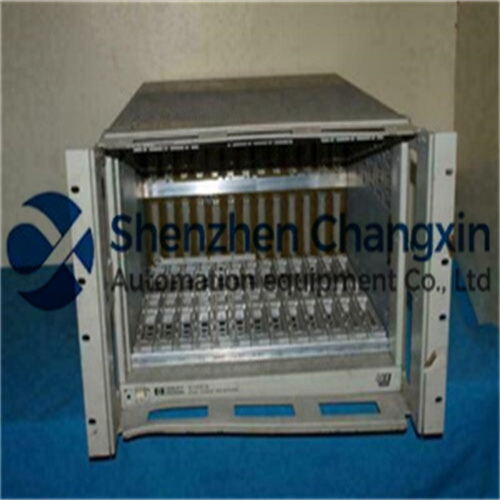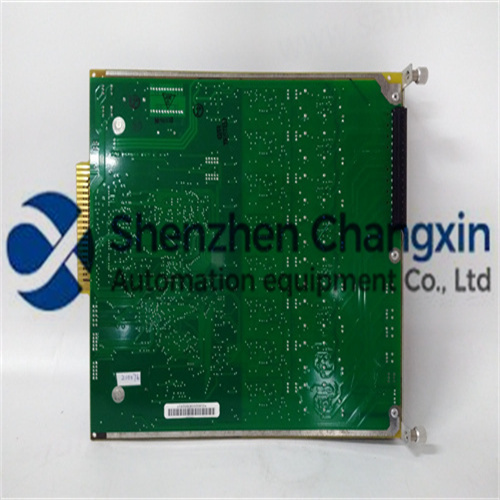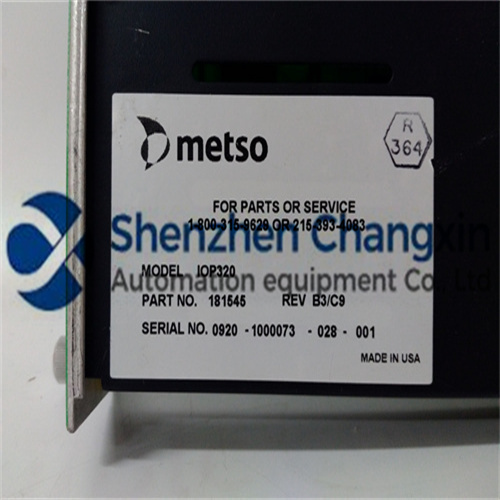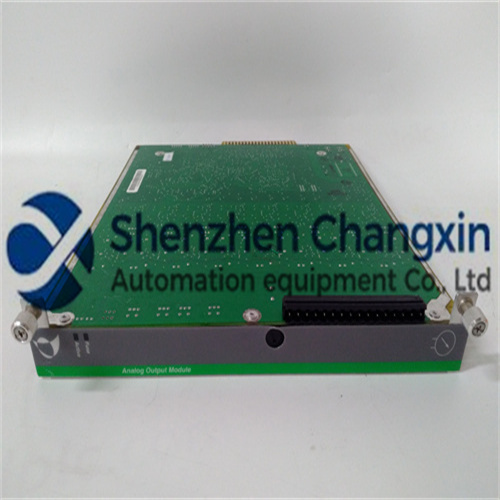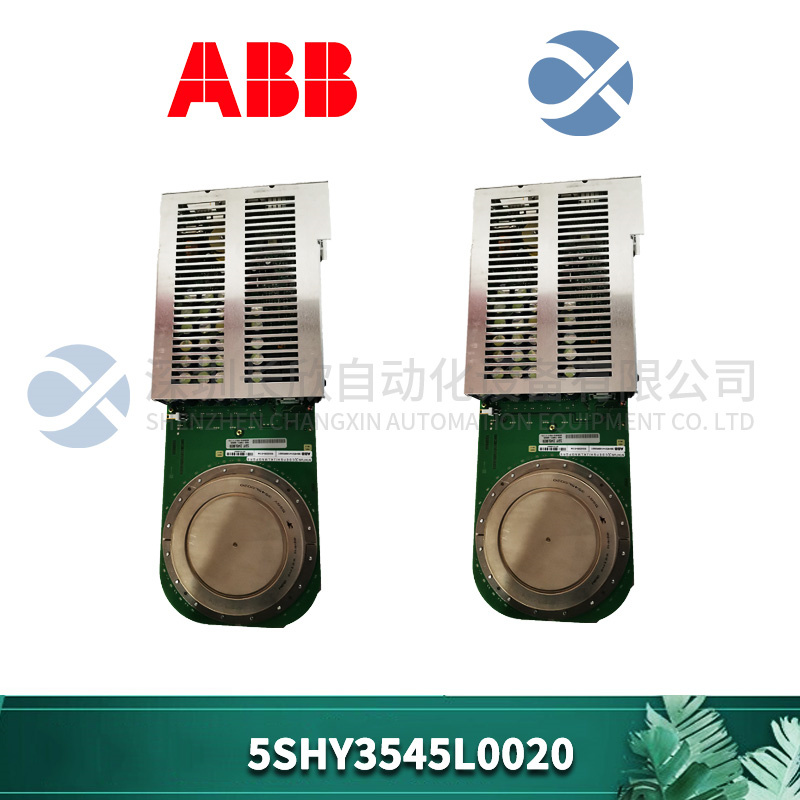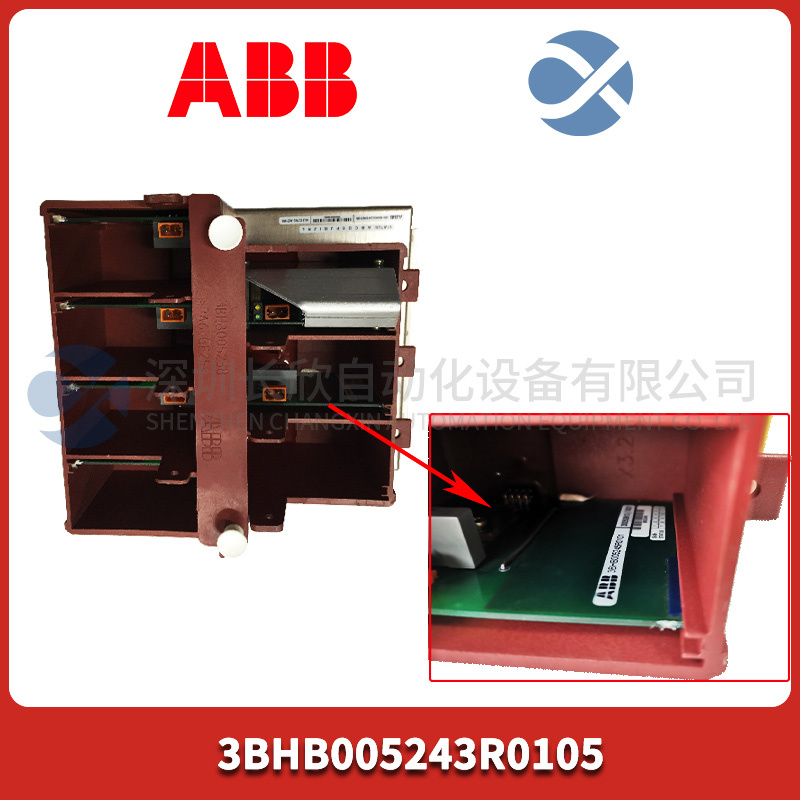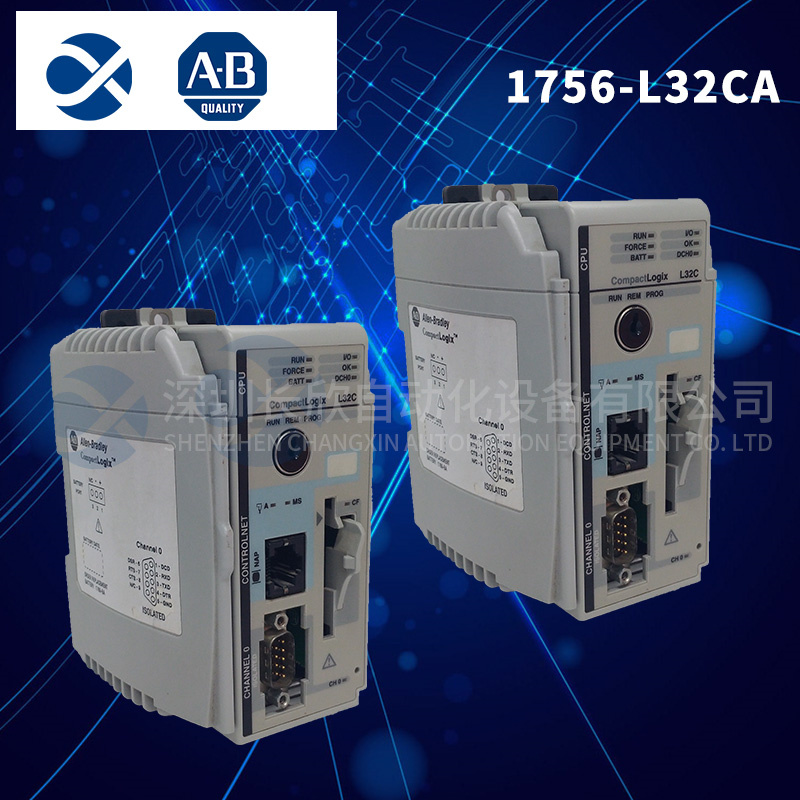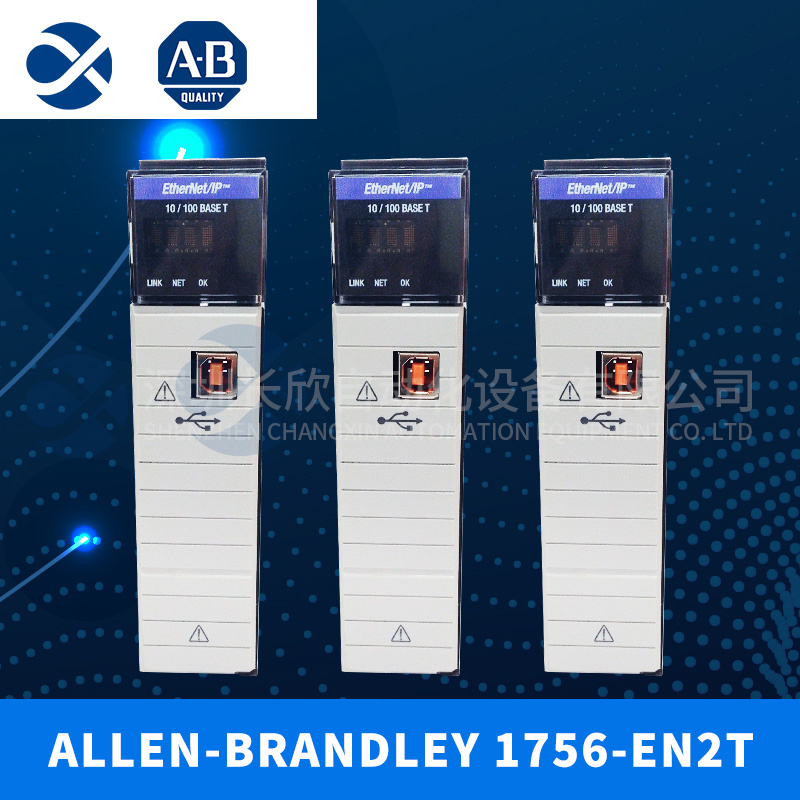Description
- Product Name: IOP320-2
- Product Description:
- The IOP320-2 is an Industrial I/O Processor from a leading automation solutions provider. This processor is specifically designed to handle the demands of industrial control and automation systems, offering high performance, scalability, and reliability. The IOP320-2 is typically used in a wide range of industrial applications, including manufacturing, transportation, and building automation.
- The product provides a robust platform for implementing complex control logic, data acquisition, and machine sequencing. It features a powerful processor, ample memory, and a range of digital and analog input/output channels. The IOP320-2 also supports multiple communication protocols and standards, enabling easy integration with other industrial systems and devices.
- Product Parameters:
- Processor: High-performance processor for efficient program execution and control tasks.
Memory: Ample memory capacity to store user programs, data, and configuration settings.
I/O Capacity: Offers a range of digital and analog input/output channels to interface with sensors, actuators, and other industrial devices.
Communication Interfaces: Supports multiple communication protocols and standards, enabling seamless integration with other industrial systems and devices.
Power Supply: Accepts a standard industrial power supply for reliable and consistent operation.
Operating Environment: Designed to operate in a wide range of temperatures and humidity levels, suitable for demanding industrial environments.
Programming Language: Supports various programming languages for easy programming and configuration. - Product Specification:
- The specifications for the IOP320-2 provide detailed technical information about its capabilities and performance characteristics. These specifications may include:
- Processor speed, architecture, and performance metrics.
Memory size, type, and expandability.
Number, type, and configuration of I/O channels (digital, analog, special function modules).
Supported communication protocols and interfaces (e.g., Ethernet, RS-232, RS-485, Profibus, Modbus, etc.).
Power consumption, power supply requirements, and redundancy options.
Operating temperature range, humidity tolerance, and other environmental specifications.
Dimensions, weight, and mounting options for easy installation.
Certifications and compliance with safety and electromagnetic compatibility standards. - Please note that specifications may vary depending on the region, model variations, and updates made by the manufacturer. It is always recommended to refer to the latest product documentation or contact the manufacturer for accurate and up-to-date specifications.
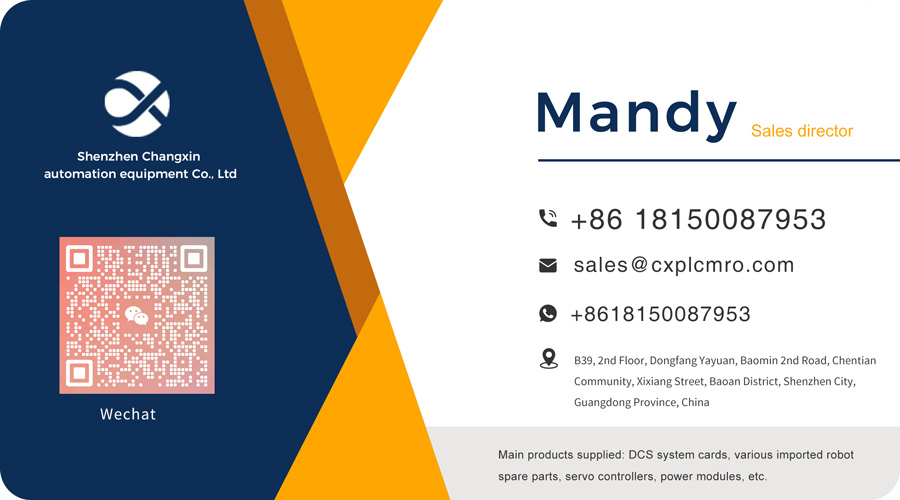
 WhatsApp:+86 18005022363 WeChat: +86 18005022363 /+86 18150887953
WhatsApp:+86 18005022363 WeChat: +86 18005022363 /+86 18150887953  Email:
Email:
